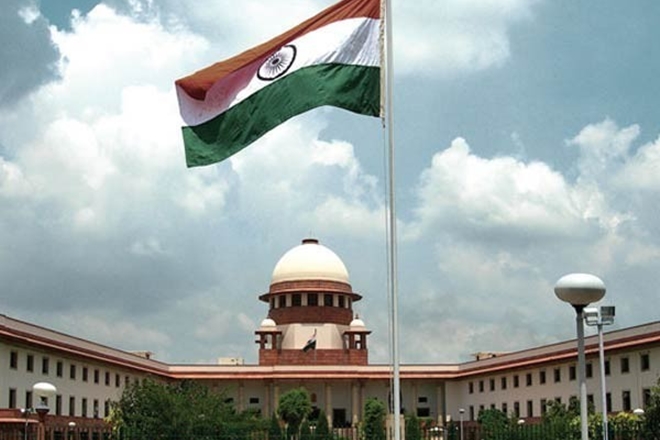
The Supreme Court of India has agreed to take over all petitions contesting the recently enacted Promotion and Regulation of Online Gaming Act, 2025, which received presidential assent on August 22. The law imposes a blanket ban on all real-money games and online games involving monetary transactions, a move that has sparked widespread concern across the country’s fast-growing gaming sector. Multiple operators and stakeholders have already filed legal challenges, urging the courts to halt the law’s implementation and reconsider its impact on both businesses and players.
The central government requested that the petitions, previously lodged in the High Courts of Delhi, Karnataka, and Madhya Pradesh, be consolidated before the apex court to ensure consistency in judicial interpretation. The Supreme Court, led by Justices J.B. Pardiwala and K.V. Viswanathan, agreed, ordering that all pending and future challenges be transferred for a unified hearing. Government representatives argued that a central review would streamline proceedings since the issues mirror those raised in an ongoing case related to the controversial 28% GST levy on online gaming.
The outcome of this case is set to shape the future of India’s online gaming ecosystem, which has seen rapid growth in recent years. Industry petitioners, including operators of fantasy sports and skill-based platforms, contend that the law fails to distinguish between games of skill and chance, unfairly lumping them together under the ban. The government, however, appears intent on moving forward, seeing consolidation as a way to accelerate resolution. The decision will carry significant consequences not only for gaming companies like A23 Rummy and Clubboom11 but also for millions of Indian players and an industry projected to generate billions in annual revenues.

 Content Writer: Janice Chew • Tuesday, 25/09/2025 - 22:42:05 - PM
Content Writer: Janice Chew • Tuesday, 25/09/2025 - 22:42:05 - PM